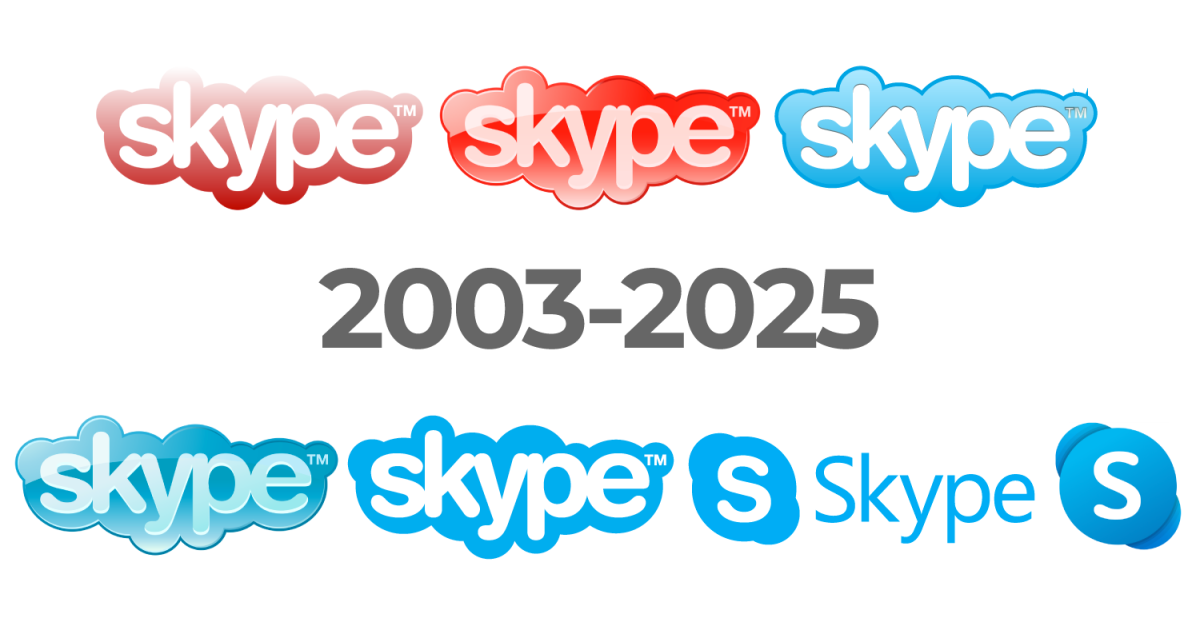The End of an Era: Skype's Digital Swan Song and the Untold Story Behind Its Iconic Name

The End of an Era: Skype's Final Farewell
Remember when Skype revolutionized the way we connected with people across the globe? The pioneering video-calling platform that once dominated digital communication is preparing to bid its final goodbye on May 5th, marking the end of a remarkable technological journey.
For many, Skype was more than just an app—it was a lifeline that bridged continents, connected families separated by oceans, and transformed how businesses conducted international communications. Founded in 2003, the platform quickly became a household name, offering free video calls and messaging when such technology seemed like magic.
Microsoft acquired Skype in 2011 for a staggering $8.5 billion, signaling its immense potential. However, the rise of competitors like Zoom, WhatsApp, and Microsoft Teams gradually eroded Skype's market dominance.
As we approach its sunset, it's worth reflecting on Skype's incredible legacy. It wasn't just a communication tool—it was a digital pioneer that paved the way for today's interconnected world.
How well do you remember your first Skype call? As the platform prepares to disconnect for the last time, we invite you to share your memories of this groundbreaking communication technology.
